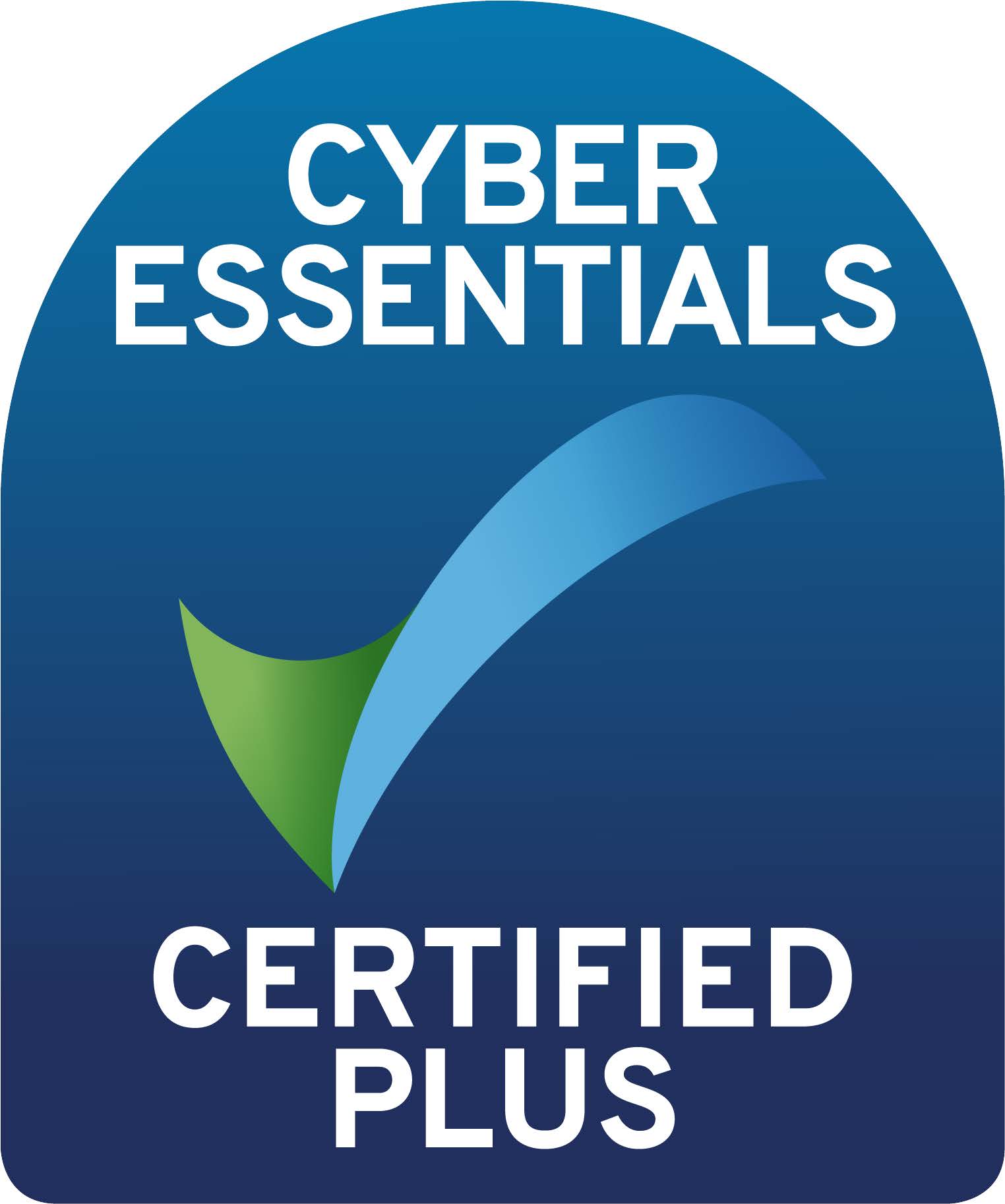5 Ways to Avoid Public WiFi Security Risks
5 Ways to Avoid Public WiFi Security Risks
When out and about, there is rarely a place which doesn’t have a free public WiFi hotspot. We are never more than a short walk from being able to connect to the internet. This is extremely convenient, but this freedom comes at a price. Using public WiFi makes you open to risks such as a hacking, so use the five techniques below to protect yourself and ensure that all your private data remains secure.
Use a VPN Connection
Hackers tend not to bother with information they have stolen via VPN connections. A VPN, or Virtual Private Network, is a way of adding security and privacy to public networks, such as WiFi hotspots in cafes and shopping centres. If a hacker manages to steal your data via a VPN connection, you will be protected as your files will be encrypted and/or password protected.
Use a SSL Connection
Sometimes you won’t have VPN access, but using SSL connections will add encryption to your web browsing and files. Encryption works by converting information into code so that it is protected by hackers.
If there are a number of websites you visit frequently, or sites that require you to enter details, make sure you select the ‘Always Use HTTPS’ option, which can be found under settings.
You may feel at ease logging into social media platforms or forums on unprotected networks, but hackers are more than aware that we often use the same email addresses and passwords on more sensitive platforms. Therefore, it is best to remain vigilant and use VPN or SSL connections.
Turn Off Sharing
When connecting to the internet through a public hotspot, you are unlikely to want to share anything. However, we can often browse the web without realising our share function is enabled. It will depend on your device as to how your turn it off, but it will be located under the control panel, or equivalent. However, if running Windows, select ‘public’ when connecting to a new and unsecure network.
Only Turn WiFi On When Needed
Most of us have the WiFi functionality on our device turned on 24/7. Although this is easy for logging into work or home WiFi seamlessly, it does mean that your device is transmitting data between any network within range. Although this may seem like a minor communication because you aren’t physically connecting to any of these networks, hackers can still utilise the link. Therefore, if you’re just working without the need for internet, turn the WiFi off. This will also extend your battery life.
Install Internet Security
Even if you abide by all the options above and keep your finger on the pulse of WiFi news, there are always going to be issues with connected devices at some juncture. Running regular malware scans on your devices will help keep anything sinister at bay and it is imperative to have an internet security solution installed so that you are well protected.








